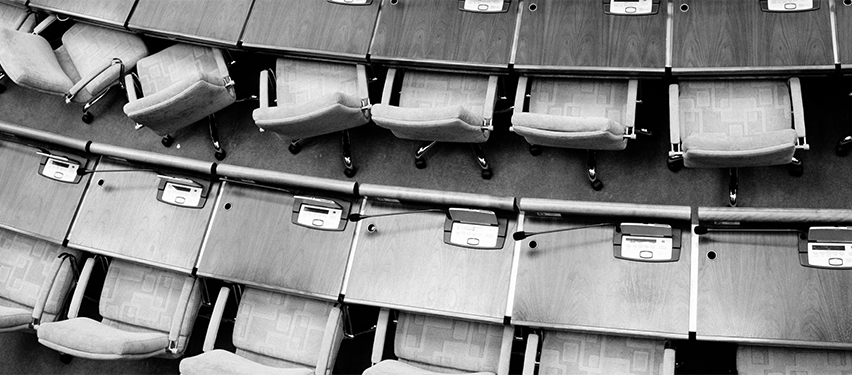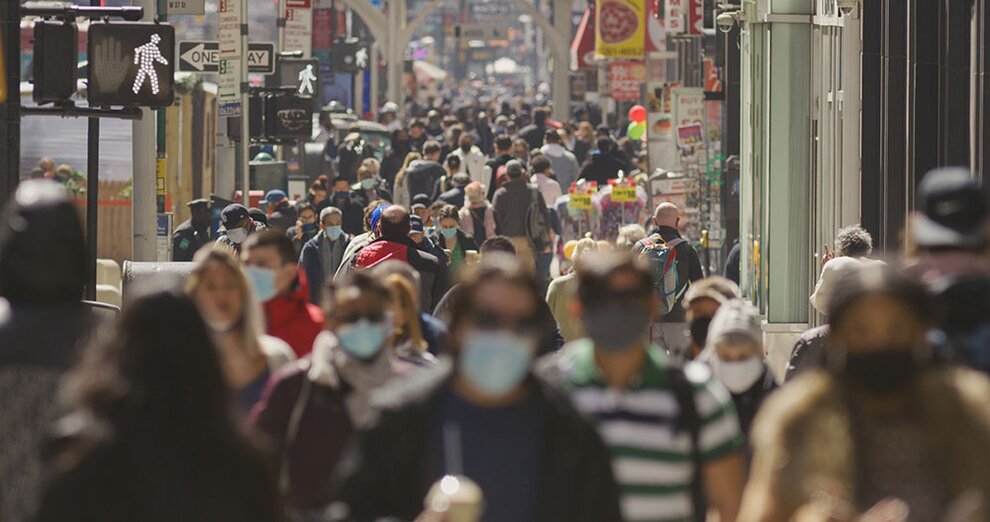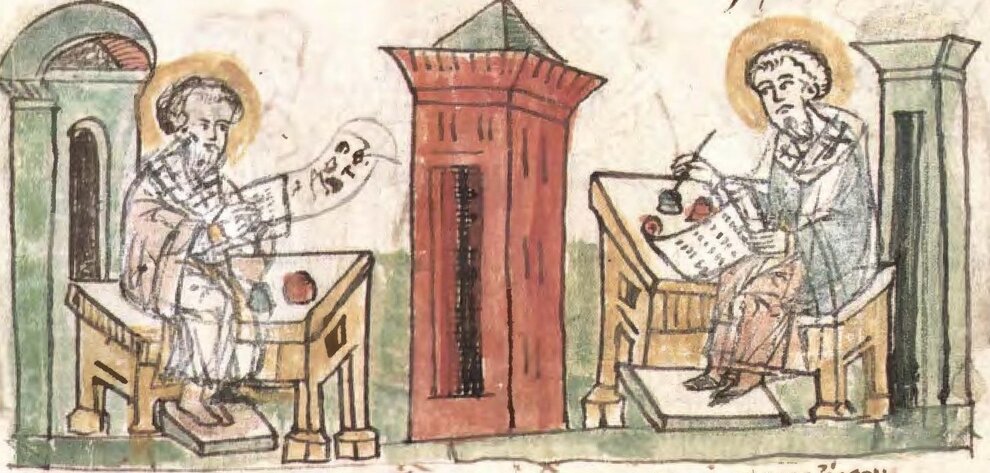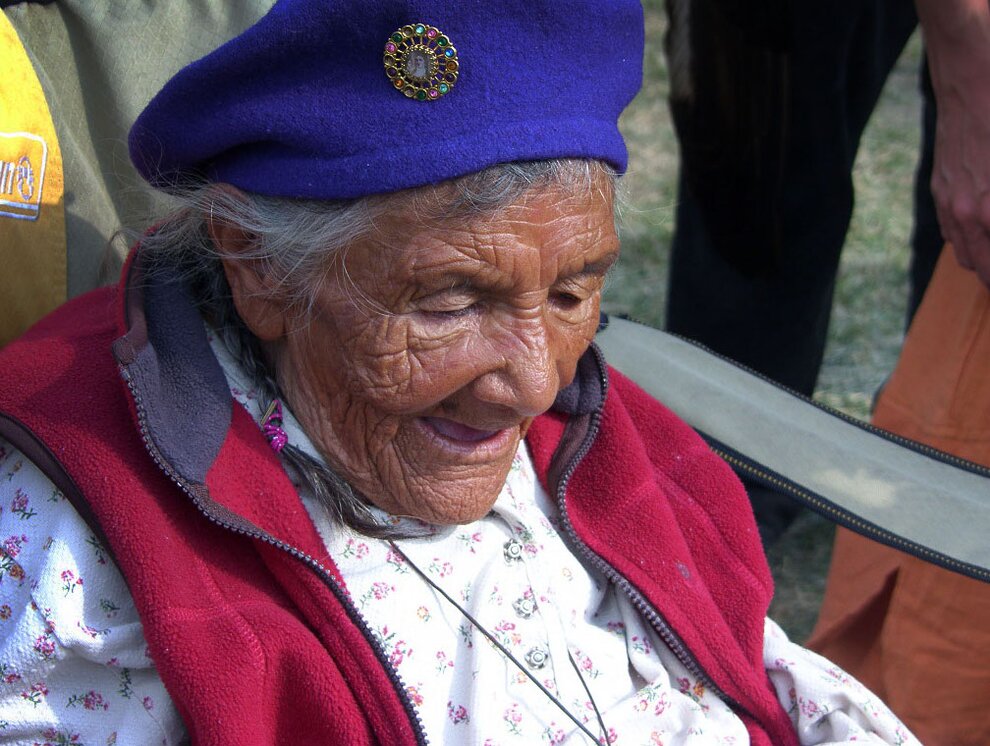The Fragility of Democracy: Rescuing Dialogue and Deliberation

The principles of dialogue and deliberation that form the backbone of democratic systems are under strain. In Europe, several governments have chipped away at the rule of law, while the region grapples with the implications of right-wing nationalist forces inching their way ever closer, swaying voters’ minds in favor of demagoguery and tribalism. In North Africa and Turkey, fragile electoral democracies are undergoing fierce challenges to the rule of law. One year after the Capitol riot of January 6, 2021, the international franchising of Trumpism still permeates the fabric of democratic societies, while subversive temptations have found fertile ground across the West in anti-vaccine movements.
Defiance of the customs and rules of decency continue to challenge public discourse, turning elections from a shared ritual into a divisive experience. These trends are a reflection and a catalyst of rapidly eroding trust in democratic institutions and its central tenets. Issues that once formed a consensus -- such as the necessity of public health policies and the veracity of electoral results -- now provoke vitriolic debate.
With polarized rhetoric on the rise, can democratic degeneration still be reversed? Can there be common ground when political narratives and basic truths collide, replacing rationality? What once seemed like a distant challenge now threatens the stability of our centuries-old institutions. Where political dialogue becomes impracticable, deliberative democracy is imperiled. A concerted effort is needed to guide public discussion and conquer the temptation to retreat or abstain.
Organized in collaboration with Reset Dialogues on Civilizations and the Calouste Gulbenkian Foundation’s Delegation in France, this day-long conference aim to set an agenda to craft solutions for overcoming the biggest threats to our public discourse:
1. Analyzing Strategies for Civic Immunity to Manipulation
- Protecting citizens from “big lies” and disinformation
- Historical and scholarly approaches to tackling political sectarianism and tribalism
2. Examining Ways of Overcoming Divisions to Restore Trust and Dialogue
- What methods can be used to rebuild trust and cohesion in politics?
- Are institutional reforms needed to restore the conditions for dialogue among citizens?
Programme
9.00
Welcome and registration
9.20
Opening remarks
Giancarlo Bosetti (Reset DOC), Flore Gubert (FMSH)
09.45
Session I: Fear and mistrust. At the roots of democratic discontent
As rising global powers assert the success of free-market, closed-government systems, does democracy look less attractive for millions around the world -- and for the citizens of Western democracies themselves? Where do the roots of such discontent lie? Is there any reason to believe the great populist wave of the 2010’s is behind us? The pandemic-driven lockdowns and the pervasiveness of technology have added to the distance between governments and their citizens, public debate and the private sphere. What new resources can be mobilized to inject new energy into “the worst form of government, except all others”?
- Keynote speech: Craig Calhoun (Arizona State University)
- Panel discussion: Sofia Näsström (Uppsala University), Christophe Pébarthe (Université Bordeaux-Montaigne), Camila Vergara (Cambridge University)
11.00
Coffee break
11.15
Session II: The great technological trap. Tools for debate or sectarianism?
How has the most recent technological revolution impacted the quality of democracy? Citizens around the globe now interact via a hand-held device -- reading, quarreling, relaxing, but also organizing in-person gatherings, protests, and entire social movements. Polarization is mirrored from society to online platforms and voting booths, each side cultivating its own space protected from the authentic flow of ideas. How can these tools be employed positively to nurture, rather than demolish, public deliberation and participation?
- Panel discussion: Alberto Alemanno (HEC / The Good Lobby), Amel Boubekeur (ISSRA / EHESS), Carme Colomina-Salò (CIDOB)
12.30
Q&A and Sessions wrap-up
12:45
Lunch
14.00
Session III: Protecting the public space from “big lies” and misinformation
Who defines truth, really? The introduction of “alternative facts” to the political lexicon and the emergence of competing narratives over previously settled issues has once again destabilized the status of “truth.” In the US, the “Big Lie” moved from the digital sphere to the public square and culminated in a violent assault on the democratic process. Elsewhere, online platforms have degenerated into fully-fledged “parallel realities” where any Big Lie can flourish in service of anti-democratic or authoritarian projects. Public or private actors can easily exploit those dynamics to interfere in foreign democratic processes. In a world where demagogues can harness reality to favor their agenda, how should the media, academia, government -- and most importantly, civil society -- respond to such threats?
- Panel discussion: Lisa Anderson (Columbia University), Daniel Andler (ENS), Thierry Vedel (SciencesPo), Giovanni Zagni (Pagella Politica / European Digital Media Observatory)
15.15
Coffee break
15.30
Session IV: Gone, or waiting in the wings? Populism after the Pandemic
The global health crisis again demonstrated to millions of citizens the importance of competence, training, and experience in handling public policymaking. Will this serve to deflect the rising tide of populism? As the pandemic recedes from emergency status, at least in the Northern hemisphere, will this continue to temper simplistic, nationalist rhetoric? The wide geographic distribution of electoral battlegrounds in 2022 will provide the first answers.
- Panel discussion: Annabelle Lever (SciencesPo), Hans Kundnani (Chatham House), Edit Zgut (IFIS PAN)
16.45
Q&A and Sessions wrap-up
18.00 - simultaneous English-French translation will be available
Public roundtable: Restoring dialogue and deliberation in contemporary society
As the previous sessions will have illustrated, the public sphere has suffered from ever increasing sectarianism combined with a lack of initiative -- by lawmakers, media and technology firms -- to curtail the dissemination of misinformation and violent language. Voters feel increasingly alienated from decision-makers, opening the field to firebrand rhetoric and policies and further limiting the space for democratic deliberation. Steps are being taken to regain some lost ground. Are such efforts too little, too late? As sectarian echo-chambers become ever more cavernous, how can discourse be brought back to reason? Drawing on perspectives from political science, the media, civil society, and those who themselves have occupied policy-making roles, this roundtable will tackle the issues currently facing those in power and shed some light on possible solutions for bridging the current discursive chasm that is plaguing democracy.
- With Alberto Alemanno (HEC / The Good Lobby), Craig Calhoun (Arizona State University), Annabelle Lever (SciencesPo), Christophe Deloire (Reporters Sans Frontières), Sylvie Goulard (Banque de France*)
19.45
Closing remarks
Jonathan Laurence (Boston College / Reset Dialogues US)
Register for the public roundtable
simultaneous English-French translation will be available
Replay

*Speaking in a personal capacity
Conferences
Thursday, 17 March 2022
9am-7.45pm
FMSH, 54 boulevard Raspail Paris 6

Media Coverage of Trauma in the Post-Pandemic World

Literature of Ukraine-Rus’ (11th–18th centuries)

Language and Religion: The Gods Behind the Words


